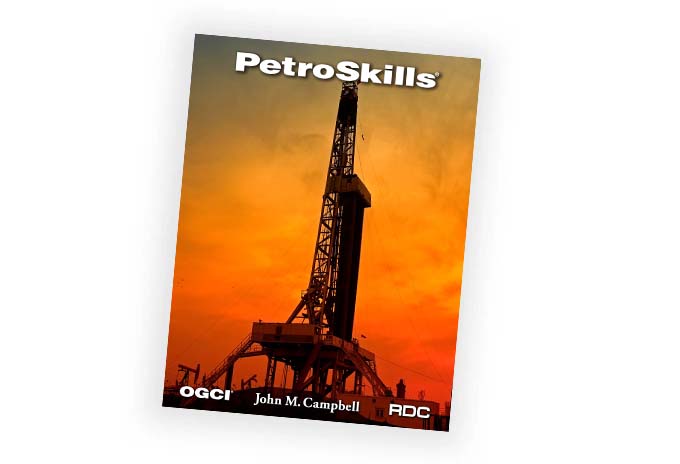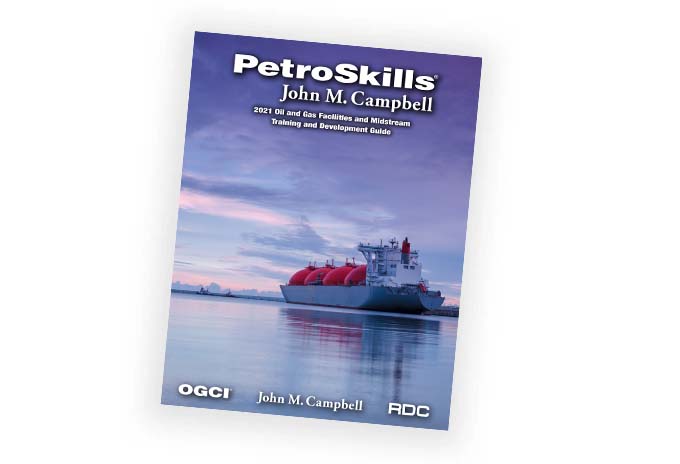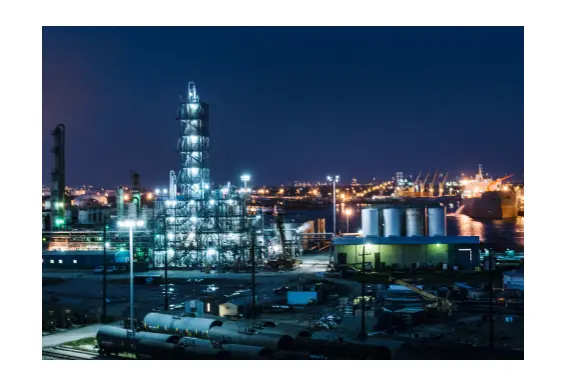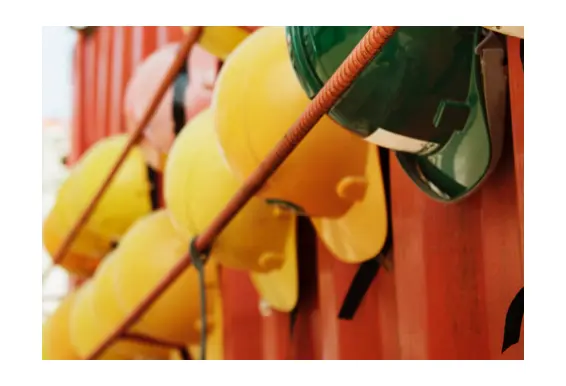Oil Well Performance and Surveillance: Fundamentals
e-Learning
About the eLearning Course
This course will teach you the fundamental factors that determine how oil wells can be produced. It covers such basic topics as reservoir pressure, porosity, permeability, viscosity, and multiphase fluid flow, and how these factors affect the well production process. You will also learn about important topics such as the skin effect, productivity index, and inflow performance relationship.
Target Audience
Operations personnel who require a fundamental understanding of knowledge to operate and maintain facilities. Also suitable for maintenance and technician personnel whether new to their roles or seasoned experts looking to enhance their skills.You Will Learn
Participants will learn how to:
- Describe how reservoir pressure impacts oil production.
- Describe oil recovery by gas injection.
- Describe oil recovery by water injection.
- Describe the factors that affect how oil flows from the reservoir to the wellbore.
- Define outflow system and describe its characteristics.
- List and describe the different types of two-phase flows.
- Define porosity and permeability in relation to oil flow in reservoirs.
- Define viscosity and explain how it affects flow.
- Explain how the composition of reservoir fluids affect flow rate to the wellbore.
- Explain how liquid and gas expansion affect flow in a reservoir.
- Discuss how skin formation can impact a wellbore.
- Describe the effects of sand damage and how to prevent it.
- Identify and describe the different types of completed wells.
- Define productivity index and describe its use.
- Define inflow performance relationship and describe its use.




